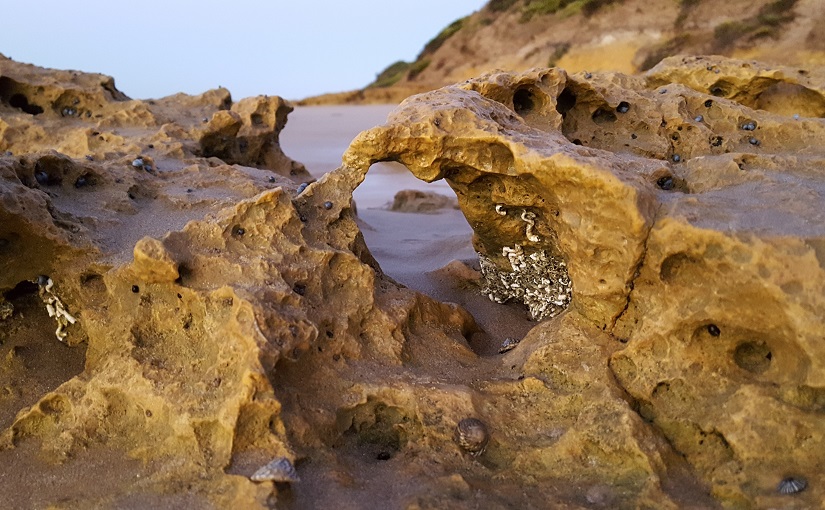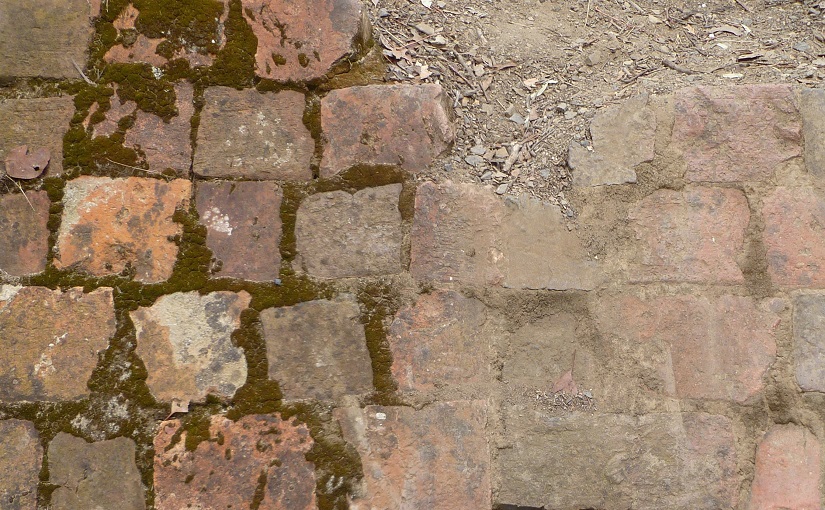What, exactly, should we trust in life? Between all the words, theories and beliefs, how are we to pin down our own sense of what it all means and the choices we’re facing? This sense in which we all, as individuals, must stand within this reality and decide for ourselves which options we’ll make part of our own personal response to existence. As if that’s what human life “is”.
How are we to build such a certainty? Map out a clear enough sense of modern realities – and, the historical or intellectual paths that led to them – within which we can confidently yet compassionately judge whatever might be placed before us. This idea that the mind must somehow reflect the nature, content and limitations of contemporary knowledge while still finding its way forward.
Because who’s to say the process of thought is infallible? Given all the ways flawed assumptions might derail logic and shunt us into versions of reality not quite capable of capturing life’s fullness. Each perhaps tending toward taking thought in service of self to spin events into narratives that shore up our own personal psychology, how are we ever to bring that into a mutually compatible whole?
In many ways, it just seems we occupy an interesting position, as humans: these strangely independent creatures intent on forming our own ideas to make our own decisions based on our own personal sense of reality. As if, within each mind, everything stands reflected in its own distinct constellation of meaning; those contents then being the compass we’re using to guide our path.
Isn’t it all we have in life? This ability to think for ourselves. Not to “need” to rely on others’ judgement because we can create a clear enough understanding to judge for ourselves the rightness of whatever may be suggested. Isn’t that, perhaps, the “ideal” of the human being? Being able to stand alone and trust the contents of our own minds to guide our thinking.
For me, I’m generally wanting life reflected in a way that makes complete sense – without threats or blind trust being required when sheer honesty could perhaps serve better in letting us see where we stand, what’s being asked of us, and what might be at stake. Because, to what extent can we ever really trust others? As opposed to feeling secure in our own understanding of life and the future we’re serving to create.
Within complex modern realities, how can we wield our judgement with such a thorough understanding? Do we have a clear enough overarching sense of life’s divergent, competing or contradictory meanings? Have we truly grasped all the processes of life itself, be they natural, social or individual? What kinds of ripples or unintended consequences might be amassing from varying degrees of ignorance in any given area?
Sometimes it seems we just stand within rapidly shifting realities, battered by tides of opinion, struggling to retain that firm centre from which we need to navigate our way toward a better future.
Notes and References:
Seeing what things mean
If environment shapes us…
Do we need to understand the past?
Acclimatisation to a world of meaning
Can each be true to themselves?
Culture, thought & coexistence
Who can we turn to?
The trauma of ignorance
Intelligence, wisdom & common sense
Any choice but to take a stand?
What’s at the heart of society?
The courage & pain of change










